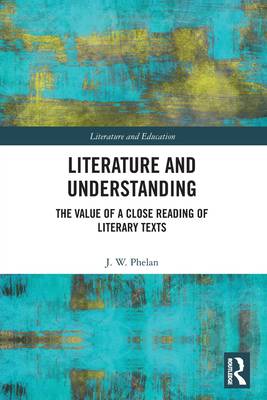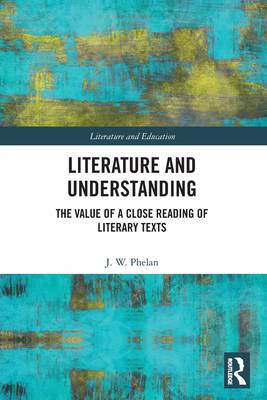
- Retrait gratuit dans votre magasin Club
- 7.000.000 titres dans notre catalogue
- Payer en toute sécurité
- Toujours un magasin près de chez vous
- Retrait gratuit dans votre magasin Club
- 7.000.0000 titres dans notre catalogue
- Payer en toute sécurité
- Toujours un magasin près de chez vous
Description
Literature and Understanding investigates the cognitive gain from literature by focussing on a reader's close analysis of a literary text. It examines the meaning of 'literature', outlines the most prominent positions in the literary cognitivism debate, explores the practice of close reading from a philosophical perspective, provides a fresh account of what we mean by 'understanding' and in so doing opens up a new area of research in the philosophy of literature.
This book provides a different reply to the challenge that we can't learn anything worthwhile from reading literary fiction. It makes the innovative case that reading literary fiction as literature rather than as fiction stimulates five relevant senses of understanding. The book uses examples of irony, metaphor, play with perspective and ambiguity to illustrate this contention. Before arguing that these five senses of understanding bridge the gap between our understanding of a literary text and our understanding of the world beyond that text.
The book will be of great interest for researchers, scholars and post-graduate students in the fields of aesthetics, literary theory, literature in education and pedagogy.
Spécifications
Parties prenantes
- Auteur(s) :
- Editeur:
Contenu
- Nombre de pages :
- 182
- Langue:
- Anglais
- Collection :
Caractéristiques
- EAN:
- 9780367563424
- Date de parution :
- 29-04-22
- Format:
- Livre broché
- Format numérique:
- Trade paperback (VS)
- Dimensions :
- 156 mm x 234 mm
- Poids :
- 290 g

Les avis
Nous publions uniquement les avis qui respectent les conditions requises. Consultez nos conditions pour les avis.






